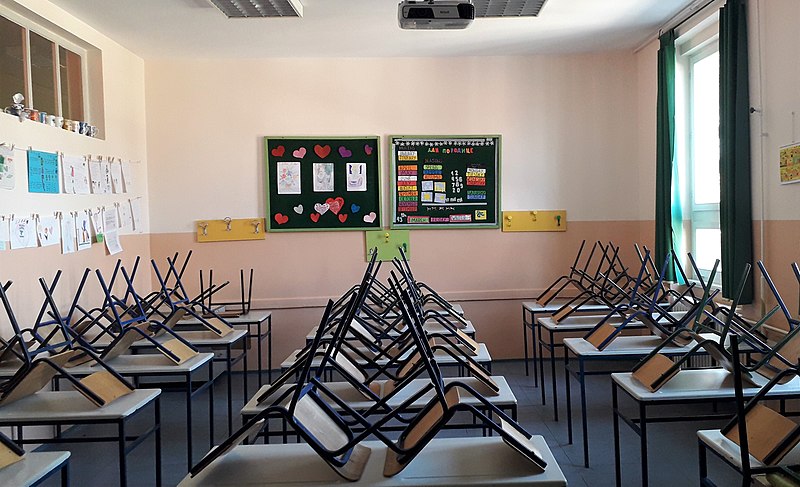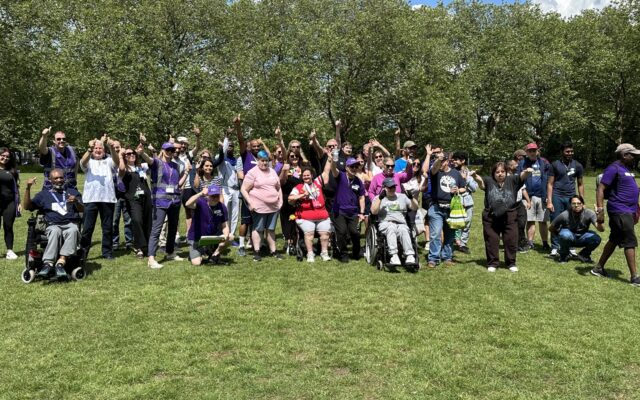We need a new focus and approach to reviews of special education providers if we are to raise young people’s aspirations and prepare them for adulthood.
According to the government’s special educational needs and disabilities (SEND) review last year, 15.8% of all pupils – 1.4 million – have special educational needs.
And 3.7% of all pupils in the state-funded English education system had an education, health and care plan (EHCP), an increase from 2.8% in 2016.
The government’s SEND improvement plan, published earlier this year, includes a promise of new specialist school places, along with a focus on new national standards, early intervention and standardised, digital EHCPs.
But the conclusion we can draw from these official publications? As a system, we’re failing.
Progress, but slow
It is true that many local authorities have developed a much better local offer following the publication of the SEND regulations almost a decade ago.
But there is still a national shortage of specialist staff and provision for children and young people with “behaviours that challenge” and those with very specialist support needs.
The main change back then was that EHCPs replaced statements of special educational needs. There was also a focus on longer-term planning and an expectation of clear planned outcomes.
Around that time, I was part of a project that reviewed a number of college placements.
We found that many did not live up to their hype, with poorly trained staff, limited specialist training and often operating within a risk-averse model that offered merely a baby-sitting service rather than prepare young people for adulthood.
For many of these young people, their adult placement – often with the same provider that had supported them as a child – had been determined before they started college – or even school. This was because of low expectations for progression and the lack of any allowance for their preferences and aspirations to develop.
Inspectors lack the skills and resources to fully evaluate the outcomes of individuals
The struggling labour market was also reflected, with many classroom assistant posts being filled by unpaid students on placement, overseas volunteers or care workers with no experience in education.
I remember one visit where I met a young man, who really loved rock music, played the electric guitar and told me he wanted to be in a band. He was made to move and count fish from one pond into another. The intended outcome of this “lesson” was improved numeracy and motor skills. The learner also said he hated fish.
While the college has been much improved since, the episode still reflects all that was wrong.
So what needs to change?
Of course, we need new funding to ensure any new provision is appropriately staffed, with a clear remit to ensure employees are as specialist as the institution claims. Staff must have opportunities for progression and be supported to avoid the continual turnover resulting from frustration and burnout.
And EHCPs must be progressive, reacting to changes in a child’s life, individual developing preferences and supporting real preparation to adulthood.
A new approach to inspections is key. Where there is 24-hour provision for young people, Ofsted and the Care Quality Commission, which inspect educational and care settings respectively, must take each other into account. This means the schools regulator must be mindful of the care offering, and care inspectors must be mindful of the educational provision.
The sector relies on these inspectors but they lack the skills or resources to fully evaluate the outcomes of individuals.
Schools and colleges must support a child or young person’s learning – holistically – in whatever way this looks like for them





